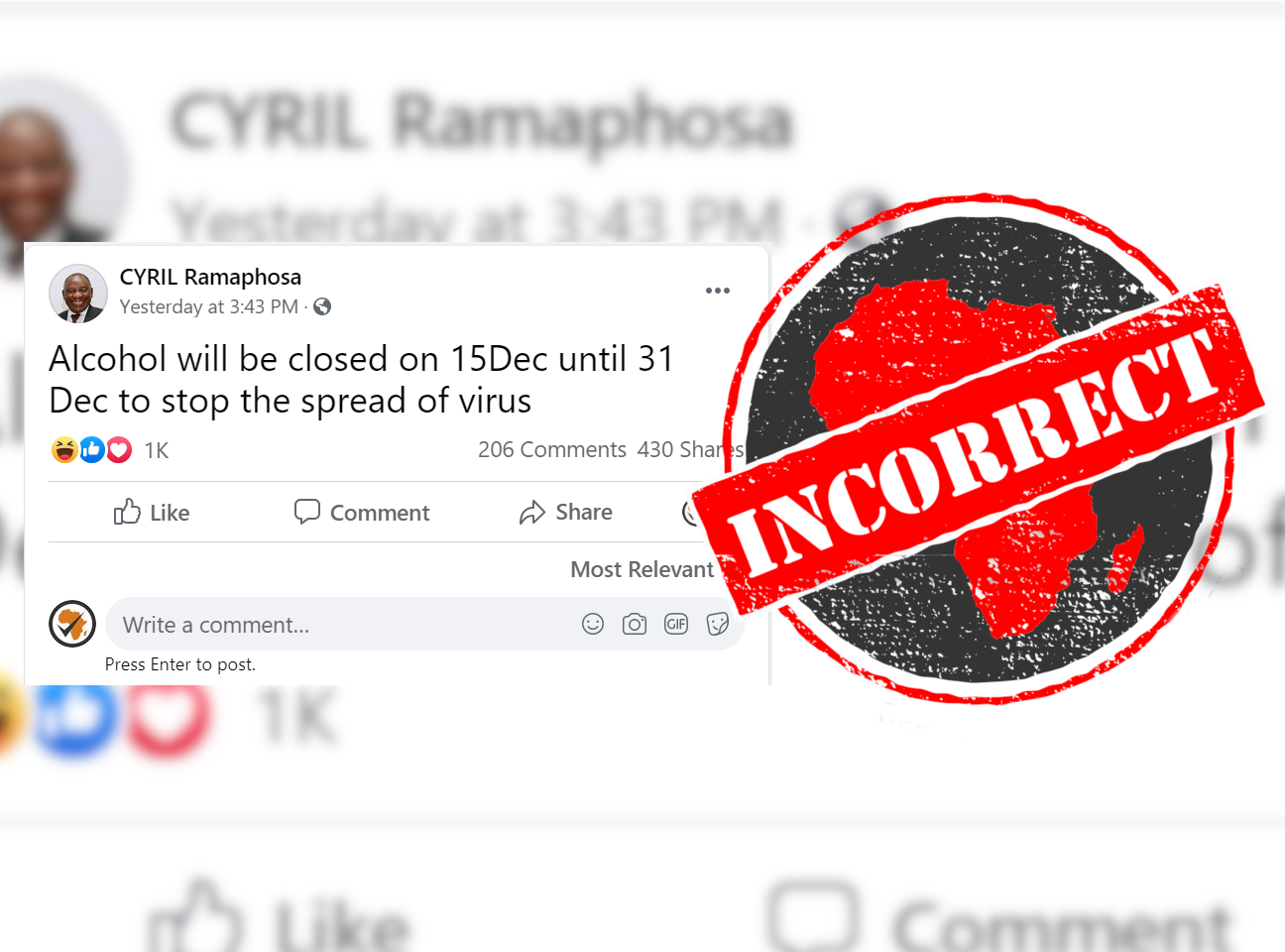A Facebook post claims that Nigeria’s federal government has agreed to withdraw its decision asking the Academic Staff Union of Universities (Asuu) to join the Integrated Payroll and Personnel Information System, known as Ippis.
“Yanzu-yanzu: Gwamnatin Tarayya ta saduda ta amince a cire ASUU daga IPPIS, sannan zata bada N65bn kudin alawus na gyaran makarantu,” the 20 November 2020 post reads, in Hausa.
This roughly translates as: “Breaking news: The federal government has agreed to withdraw Asuu from Ippis, and will give universities a N65 billion allowance to revitalise them.”
The post includes a photo of Asuu national president Abiodun Ogunyemi shaking hands with labour minister Chris Ngige while both hold a document.
In March the union went on an indefinite strike over the non-payment of salaries of members who refused to enrol in Ippis, rejecting the government’s attempts to force members into the payroll system.
But Facebook’s fact-checking system has flagged the post as possibly false. Has the federal government agreed to withdraw Asuu from Ippis?

Following months of meetings, in November the federal government decided to pay the salaries of the academic union’s members. Ngige announced that the government had agreed to Asuu’s demand that it pay salary arrears from February to June, using the old salary payment platform, Gifmis.
He added that the government had offered to pay a cumulative sum of N65 billion and the academic union had agreed to call off its strike. – Fatima Abubakar
“Yanzu-yanzu: Gwamnatin Tarayya ta saduda ta amince a cire ASUU daga IPPIS, sannan zata bada N65bn kudin alawus na gyaran makarantu,” the 20 November 2020 post reads, in Hausa.
This roughly translates as: “Breaking news: The federal government has agreed to withdraw Asuu from Ippis, and will give universities a N65 billion allowance to revitalise them.”
The post includes a photo of Asuu national president Abiodun Ogunyemi shaking hands with labour minister Chris Ngige while both hold a document.
In March the union went on an indefinite strike over the non-payment of salaries of members who refused to enrol in Ippis, rejecting the government’s attempts to force members into the payroll system.
But Facebook’s fact-checking system has flagged the post as possibly false. Has the federal government agreed to withdraw Asuu from Ippis?

Return to old payment system
Following months of meetings, in November the federal government decided to pay the salaries of the academic union’s members. Ngige announced that the government had agreed to Asuu’s demand that it pay salary arrears from February to June, using the old salary payment platform, Gifmis.
He added that the government had offered to pay a cumulative sum of N65 billion and the academic union had agreed to call off its strike. – Fatima Abubakar
Republish our content for free
For publishers: what to do if your post is rated false
A fact-checker has rated your Facebook or Instagram post as “false”, “altered”, “partly false” or “missing context”. This could have serious consequences. What do you do?
Click on our guide for the steps you should follow.
Publishers guideAfrica Check teams up with Facebook
Africa Check is a partner in Meta's third-party fact-checking programme to help stop the spread of false information on social media.
The content we rate as “false” will be downgraded on Facebook and Instagram. This means fewer people will see it.
You can also help identify false information on Facebook. This guide explains how.





Add new comment